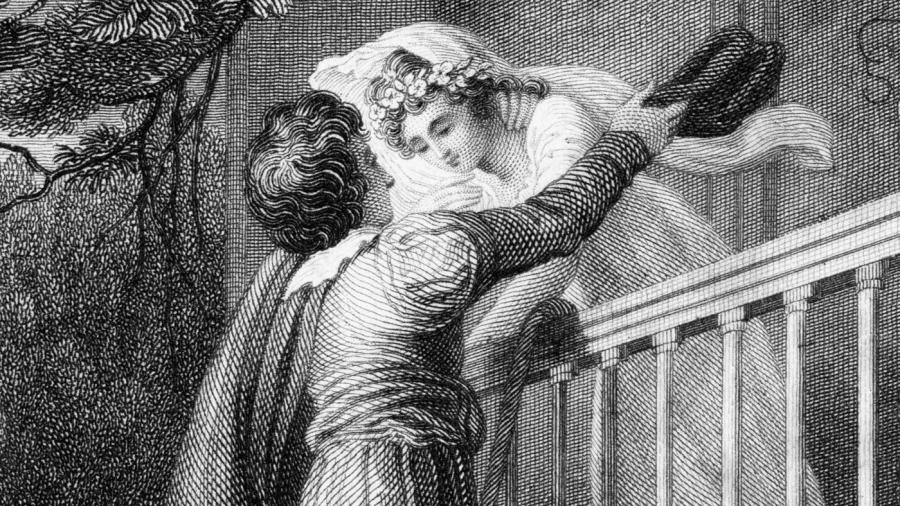Why Does Mercutio Say “A Plague O’ Both Your Houses”?

In Shakespeare’s tragedy, “Romeo and Juliet,” Mercutio says, “A plague o’ both your houses” because the feud between the Capulet and Montague families has led to the events that resulted in his death. He speaks these words in Act 3, Scene 1, and his words turn out to be very prophetic as the play unfolds.
Mercutio is the energetic, fun-loving friend of Romeo Montague. He has no blood ties to either the Capulets or the Montagues, the two families who have been feuding for years, but he is kin to the Prince of Verona. Juliet’s cousin Tybalt is furious with Romeo for coming to the Capulet ball where he met and fell in love with Juliet and has sent him a letter challenging him to a duel. This makes Mercutio angry. Mercutio and Romeo’s cousin, Benvolio, meet Tybalt on the street and exchange words. Romeo comes upon the group and tries to reason with the irate Tybalt, but Tybalt does not back down. Irritated that Romeo does not want to fight Tybalt, Mercutio draws his own sword. When Romeo tries to intervene, Tybalt stabs and kills Mercutio. As he is dying, Mercutio delivers the line, “A plague o’ both your houses” since he blames both families for the events leading to his death. As it turns out, both families suffer more than their share of tragedies in the coming hours.





